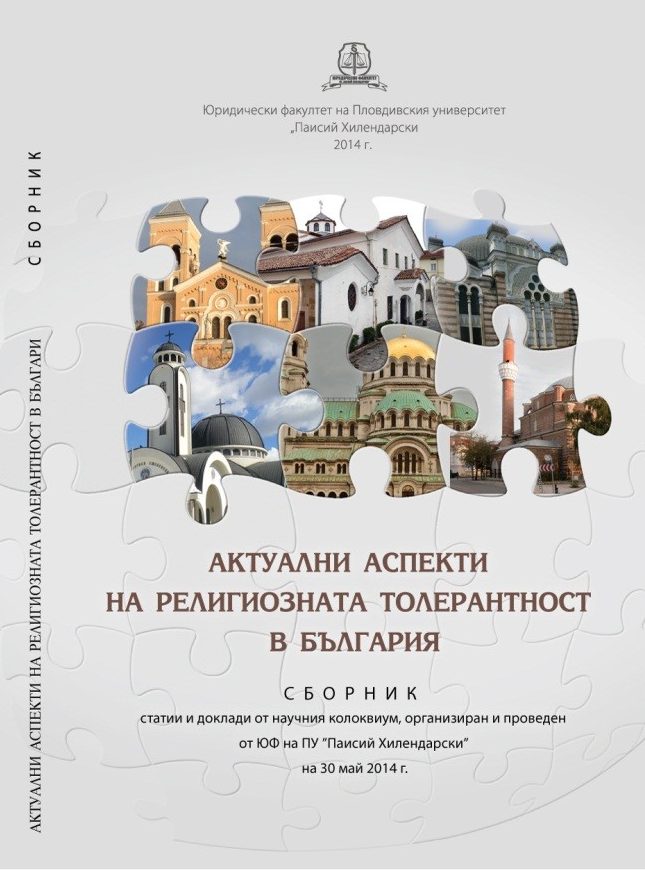Собствеността на религиозните институции в САЩ и американският Religious Land Use and Institutionalized Persons Act
Property of Religious Institutions in the United States and the American Religious Land Use and Institutionalized Persons Act
Author(s): Emanuil Dimitrov
Subject(s): Law, Constitution, Jurisprudence, International Law, Canon Law / Church Law, Administrative Law
Published by: Пловдивски университет »Паисий Хилендарски«
Keywords: property; religious institutions; United states; Religious Land Use and Institutionalized Persons Act
Summary/Abstract: The Religious Land Use and Institutionalized Persons Act (RLUIPA), Pub. L. 106–274, codified as 42 U.S.C. § 2000cc et seq., is a United States federal law that prohibits the imposition of burdens on the ability of prisoners to worship as they please and gives churches and other religious institutions a way to avoid burdensome zoning law restrictions on their property use. It also defines the term “religious exercise” to include” any exercise of religion, whether or not compelled by, or central to, a system of religious belief.” RLUIPA was enacted by the United States Congress in 2000 to correct the problems of the Religious Freedom Restoration Act (RFRA) of 1993. The act was passed in both the House of Representatives and the Senate by unanimous consent in voice votes, meaning that no objection was raised to its passage, so no written vote was taken. The currant article deals with the issues of RLUIPA’s implementations and challenges the problem which local governments face dealing with the different religious groups. It also contains the guide which the Congress issued for better understanding and application of this act.
- Page Range: 154-166
- Page Count: 13
- Publication Year: 2014
- Language: Bulgarian
- Content File-PDF

